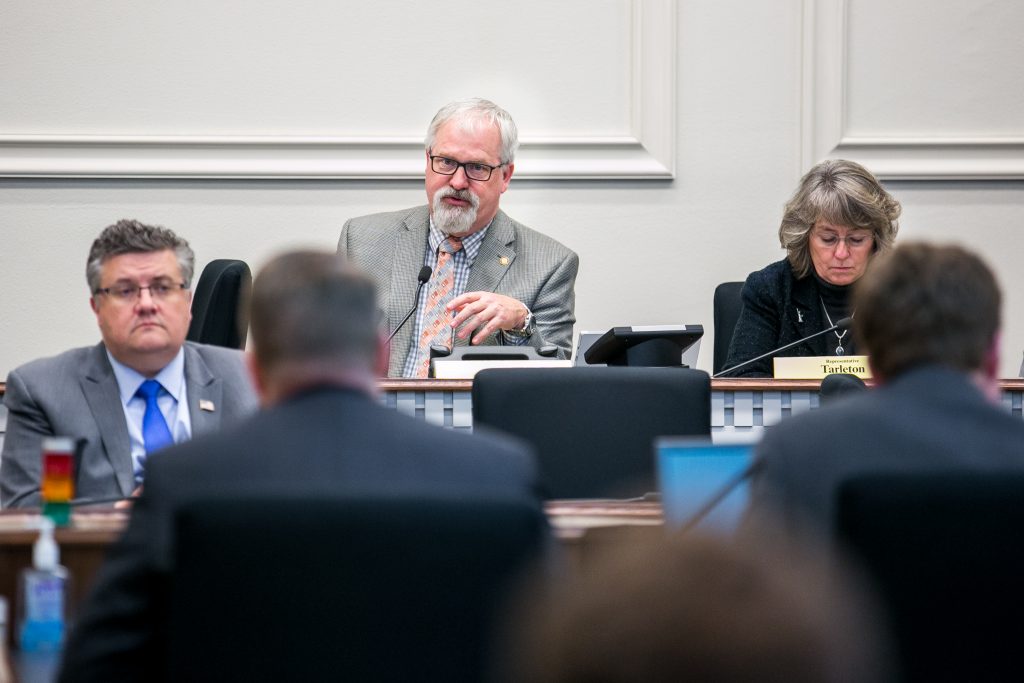Hello again from Olympia and the 2019 legislative session. Here’s a quick update, and some information you might find useful.
Ending surprise hospital bills
Have you ever visited an emergency room, provided your insurance information and paid your co-pay, only to find a bill mailed out weeks or even months later? You may have seen a story in the news such as this one, where a LaCenter mom received a $112,000 bill after her hospital assured her visit was in-network. These surprise bills cause stress and create a serious financial burden. It’s called “balanced billing” and should be fixed so that these unfair bills don’t surprise families.
What usually happens is you visit a hospital that is in your network, but the doctor you see happens to be visiting or filling in, and not in your network. So, you get stuck with a much higher bill than you anticipated. House Health Care & Wellness Committee Chair Eileen Cody has been working with insurance providers, doctors, and hospitals to address why this care is not covered by insurance, and how to get patients and their families out of the middle of the tug of war between hospitals and insurance companies.
I support Rep. Cody’s bill to fix balanced billing, especially for emergency room visits where the last thing on your mind is making sure the doctor treating you is covered by your insurance.

Real property tax relief for senior citizens and veterans
Did you know that there is a property tax exemption program for senior citizens and veterans? Not many people do and the exemption has certain income limits that are flat across the state and not adjusted based on county. In some counties, the $40,000 income threshold is realistic, but in other counties, the average income is much higher and the threshold does not work.
Senior citizens and veterans with disabilities need to have a reduction in their property taxes and the current exemption should be more flexible by county. Democrats have proposed several bills to change the threshold from the current $40,000 to be based on average income in the county, so the needs of King County and the needs of Grant County can both be met. The goal is to allow more senior citizens and veterans to be able to reduce their property taxes and make use of this important exemption.
In the meantime, you can still apply under current law for a property tax exemption by visiting the Department of Revenue site.
How are state budgets developed?
One of the most important duties of the Washington State Legislature is to pass the state’s three budgets – operating, capital and transportation. Because negotiations on the budget typically last until the very end of the session, it can seem like legislators procrastinate working on the budget all session and try to cram it in at the end. In reality, work begins before session and the team of legislators that write our budgets spend up to six hours each day throughout session going through the budget line by line to make the best decisions for the people of Washington.
In December, the Governor issues a suggested proposal for each of the budgets. Then during session, the House and Senate majority parties, along with their colleagues across the aisle, each propose their own budgets. According to our state Constitution, the Legislature controls the state’s purse strings, deciding where and how the executive branch and other state entities can use public dollars. However, because any legislation, including the budget, needs to pass out of the House and Senate and be signed by the Governor, there is a need to find common ground among all involved in the process.
For a more in depth look at the budget process, check out the Office of Financial Management’s Guide to the Washington State Budget Process.

I enjoy hearing from you, so please call or e-mail me with ideas, comments, questions or concerns. My Legislative Assistant Amanda Hubik or I will get back to you as soon as possible.
Thank you.

Jeff Morris
